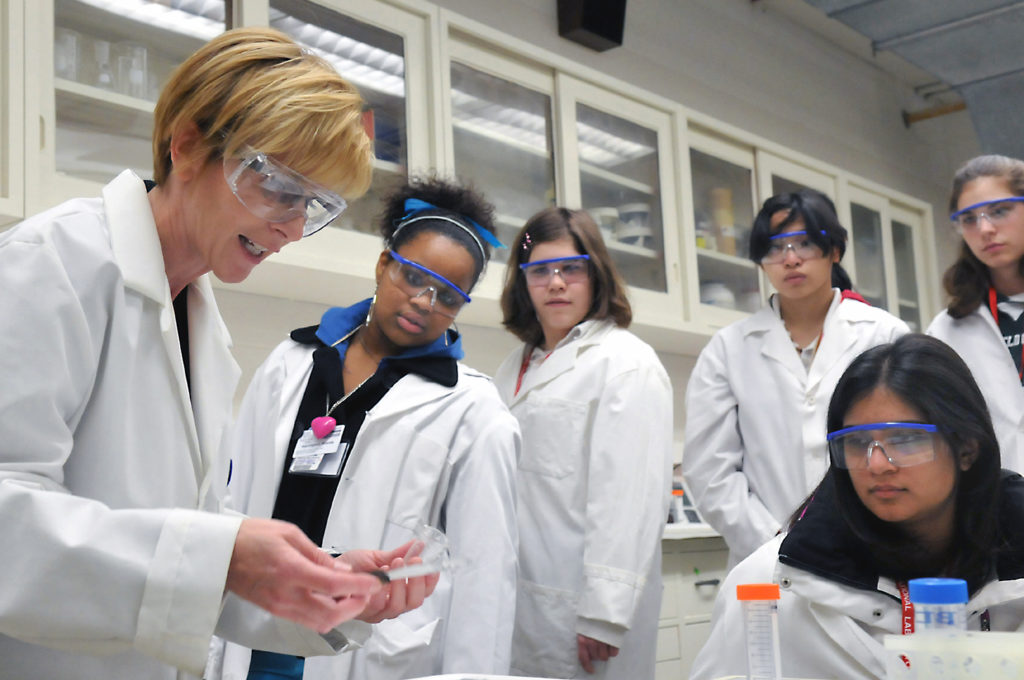Recently I have had a number of people ask about post-baccalaureate programs, commonly known as post-bacc programs. So today I wanted to talk about post baccalaureate programs and when they are needed.
What is a post-bacc program? This is a series of classes taken after a student has graduated from college. It typically refers to classes that students need to take to prepare for the MCAT exam. Most students taking a post-bacc program are ones that decided late in college that they wanted to go to medical school but had not taking any, or few, of the required classes for medical school. A post-bacc program gives students an easy way to just take those classes required by medical schools so they can take the MCAT and, hopefully, get to medical school as quickly as possible.
Most post-bacc programs take about two years to complete since there are a number of classes that need to be taken. This time period might be shorter for some programs or for students that took some, but not all, of the required classes. It might take longer if a student is working full time while taking the classes.
Taking these additional classes is not generally considered working to another degree so students don’t have a second major or a graduate degree as a result of taking these classes. You don’t need to do a post-bacc program to take these classes and you can take the required classes at almost any four year college. But many people do the post-bacc program because they like the structure and it assures they are taking all of the classes you might need.
Some post-bacc programs act as a pipeline to specific medical schools so that if you pass all of the classes in the post-bacc program you will have some advantage in the associated medical school. This might be a guaranteed interview or even a guaranteed seat at the medical school. Johns Hopkins for example has a post-bacc program with linkage, or pipeline, to a number of medical schools.
Some traditional pre-med students will also consider a post-bacc program if their grades in the required courses were weak. By retaking the required classes the hope is that they will learn the subjects better the second time and thus be able to show they can handle the rigors of medical school classes and also, improve their MCAT score. Be aware, however, that all of your grades, including the grades for the classes you took the first time and then retook, will be considered by the medical school.
To get you started finding the right post-bacc program for your needs, take a look at this list of post-bacc programs.

Leave a Comment